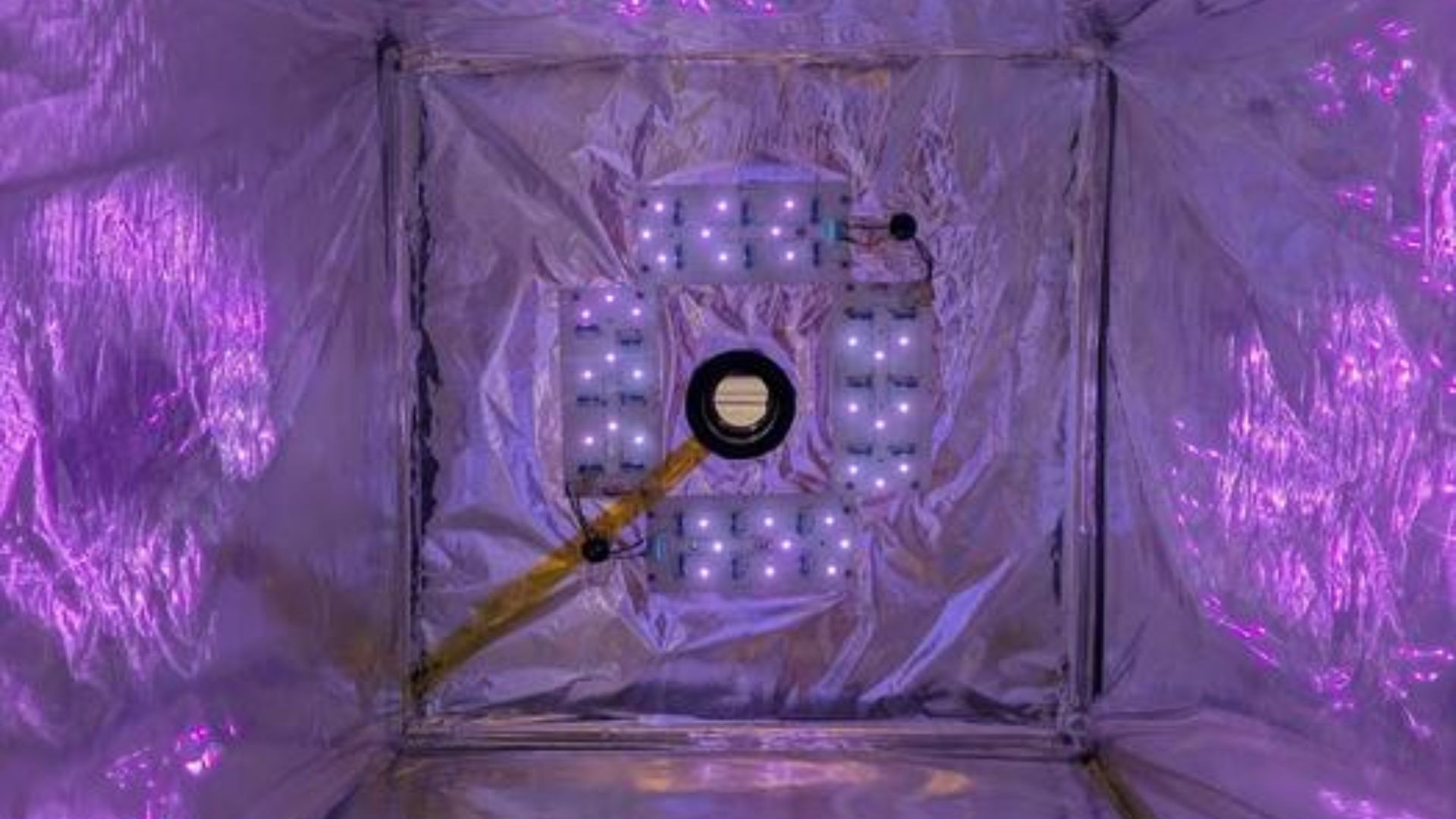- cross-posted to:
- worldnews@lemmit.online
- cross-posted to:
- worldnews@lemmit.online
I’ll take two; one to put in my bed and one for my underwear
Most people don’t have methane in their farts.
You seem knowledgeable. How can I increase my methane output?
become a ruminant probably
Biogas generator
Eat a cow whole… I’ll give you my fork …
its super effective.
“Today’s livestock farms are high-tech facilities where ammonia is already removed from the air. As such, removing methane through existing air purification systems is an obvious solution,”
sounds like it will be something they can just add to existing systems at big livestock operations, and the removal rate is pretty high
I feel like this will cause a huge “rebound effect” (not sur if it’s the correct translation)
You could elaborate your point instead of using a word you’re unsure about.
Sure, reducing the methane emissions of a few farms might lead to an increased consumption of meat. Which would annihilate the positive effect brought by such innovation.
Really exciting development for the climate change mitigation toolkit. Let’s hope it’s not too challenging or costly to scale up and deploy.
deleted
Can it be monetised more than destroying the environment though?
deleted
It converts it to co2 and its a structure like carbon capture stuff. Im not big on carbon capture but if you running this thing anyway it might make sense to run the output into some carbon capture scheme as it should reduce both the production and running energy since it can use some of what this is already doing as far as pulling in and exhausting the air. might be good for the exhaust to go down an old well or something to.
Not sure if there is much chance for effective carbon capture. The article states that this works for getting rid of very low concentrations of methane (so burning is not possible). That means that even with the methane 100% turned into carbon, we are talking about very small concentrations.
well there would be the native co2 in the air its taking in too. My point is if it was worth it enough to do on its own its already done most of the heavy lifting so I bet if a carbon capture technique was worth it, it would be riding the output of this.




